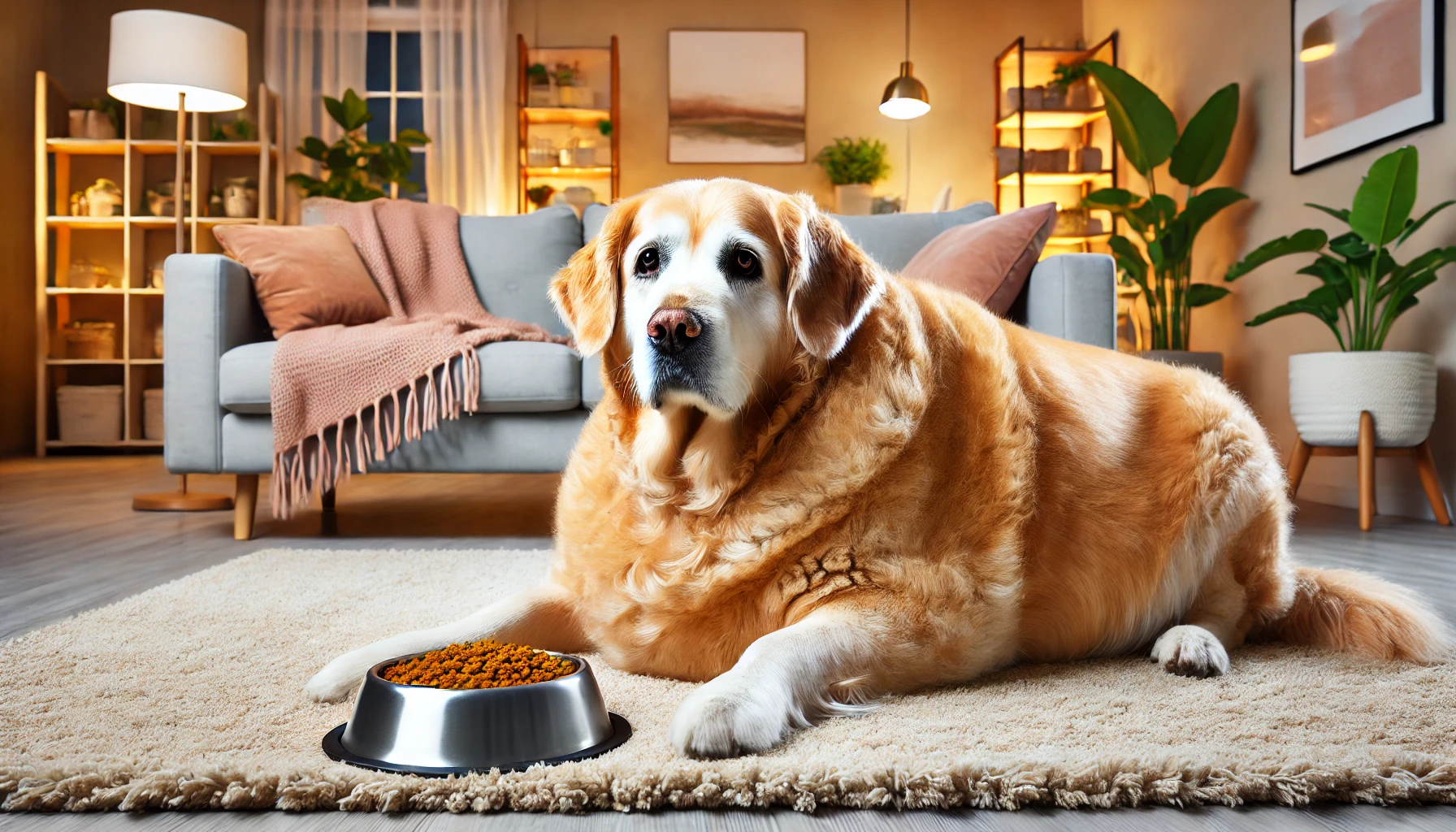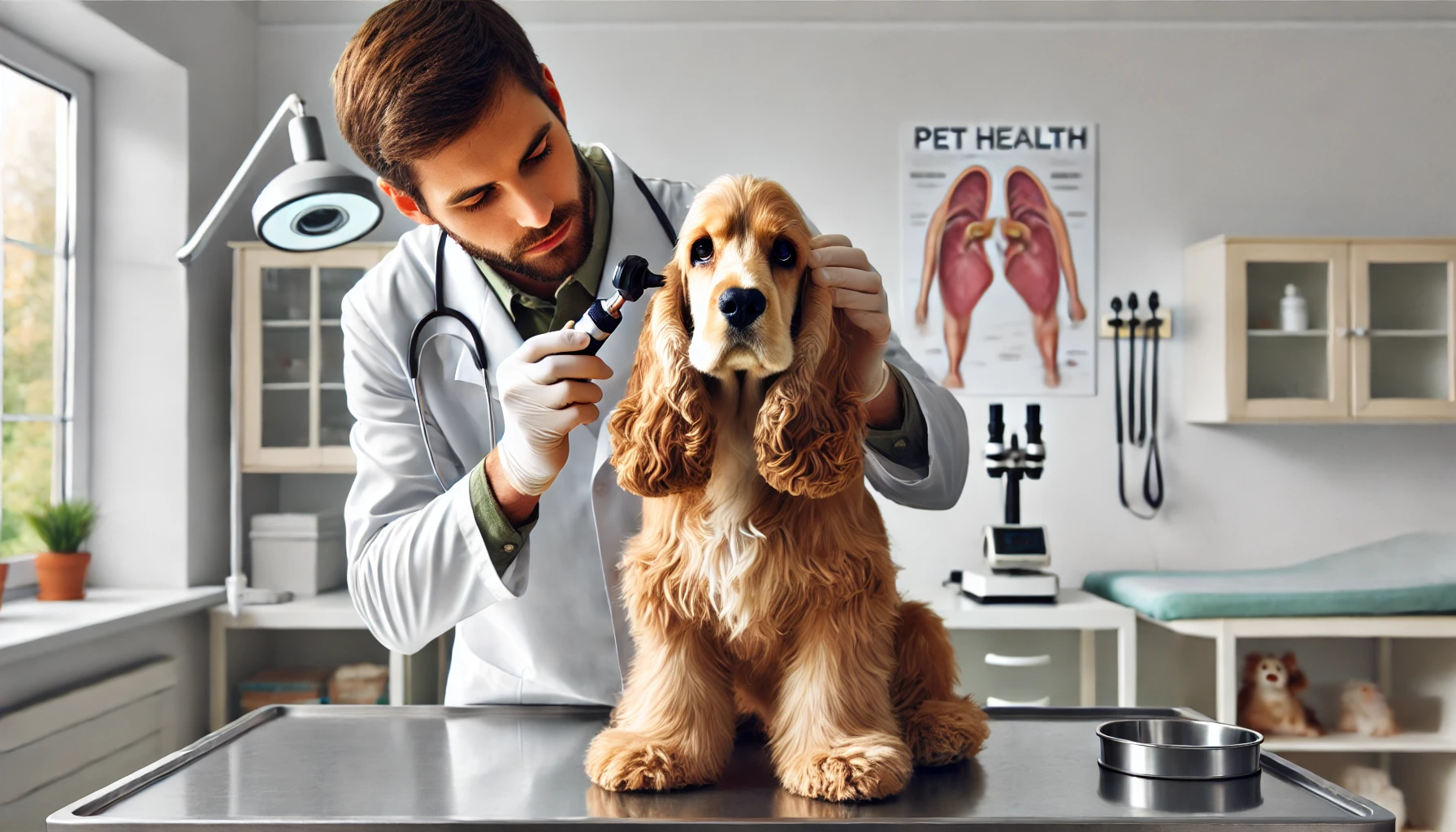Common Pet Health Issues: A Guide for Owners
Common pet health issues include obesity, dental disease, fleas, ticks, ear infections, allergies, arthritis, and gastrointestinal problems. Watch for signs like weight gain, bad breath, itching, pawing at ears, and changes in behavior. Early detection is key to keeping your pet healthy, and regular vet visits will ensure your pet gets the right care.
As a pet owner, it’s crucial to stay vigilant and aware of your furry friend’s health. Animals can’t communicate their discomfort in the same way humans can, which is why it’s important to recognize the signs of common pet health issues early. Early detection can help prevent more serious problems and ensure your pet receives the care they need to stay happy and healthy. In this article, we’ll explore some of the most common pet health issues and provide tips for recognizing them.
1. Obesity
Obesity is one of the most common health issues among pets, especially in dogs and cats. Pets that are overweight are at higher risk for various conditions, such as diabetes, joint problems, and heart disease. If your pet is becoming sluggish, has difficulty moving, or appears to have gained weight, it may be time for a visit to the vet.
Signs of Obesity in Pets:
• Difficulty breathing or shortness of breath
• Reduced energy levels or reluctance to exercise
• An increase in body size or visible fat deposits
• Difficulty jumping or climbing stairs
Prevention & Care:
• Provide a well-balanced, portion-controlled diet
• Ensure regular exercise with daily walks or playtime
• Avoid feeding table scraps or excessive treats

2. Dental Disease
Dental disease is a common issue in pets, particularly in cats and small dog breeds. Plaque buildup can lead to gum disease, bad breath, tooth loss, and even heart and kidney problems. Unfortunately, many pets don’t show signs of dental problems until they are quite advanced.
Signs of Dental Disease:
• Bad breath or a noticeable change in smell
• Drooling more than usual
• Difficulty eating or chewing
• Red or swollen gums
• Pawing at the mouth
Prevention & Care:
• Regularly brush your pet’s teeth using a pet-friendly toothbrush and toothpaste
• Provide dental chews or toys to help reduce plaque buildup
• Schedule regular vet check-ups to monitor oral health
3. Fleas and Ticks
Fleas and ticks are common external parasites that can cause itching, discomfort, and even serious health problems, such as skin infections, anemia, or Lyme disease. Pets that spend time outdoors are particularly vulnerable to flea and tick infestations.
Signs of Flea and Tick Infestation:
• Excessive scratching, biting, or licking
• Hair loss or bald spots
• Visible fleas or ticks on the skin or fur
• Red or irritated skin
• Scabs or hot spots
Prevention & Care:
• Use vet-recommended flea and tick preventatives
• Regularly check your pet for ticks, especially after walks in wooded areas
• Keep your pet’s environment clean and free of fleas

4. Ear Infections
Ear infections are a common problem, especially in dogs with floppy ears. However, cats and dogs of all breeds can experience ear infections, which can be caused by bacteria, yeast, or allergies. If left untreated, ear infections can lead to more severe health problems.
Signs of Ear Infections:
• Scratching or pawing at the ears
• Head shaking or tilting
• Redness, swelling, or discharge from the ear
• Foul smell from the ears
• Loss of balance or coordination
Prevention & Care:
• Keep your pet’s ears clean and dry, especially after baths or swimming
• Regularly inspect your pet’s ears for signs of infection
• Consult a vet for a proper diagnosis and treatment if symptoms arise
5. Allergies
Pets can suffer from allergies just like humans, and they often exhibit symptoms such as itching, sneezing, and watery eyes. Allergies can be triggered by environmental factors, food, or flea bites. Identifying the cause of your pet’s allergies is key to managing and alleviating symptoms.
Signs of Allergies:
• Itchy skin, paws, or ears
• Sneezing or coughing
• Watery eyes or runny nose
• Hot spots or inflamed skin
• Vomiting or diarrhea (in cases of food allergies)
Prevention & Care:
• Keep your home clean and dust-free to reduce allergens
• Consult your vet to determine if food allergies are a concern
• Use hypoallergenic shampoos or medications to manage skin irritation
6. Arthritis
Arthritis is a common condition in older pets, especially large breed dogs. It causes joint inflammation and pain, leading to difficulty moving and reduced activity levels. Although arthritis is more common in older pets, it can affect younger pets as well, particularly those with joint injuries.
Signs of Arthritis in Pets:
• Stiffness, especially after rest
• Difficulty standing, walking, or jumping
• Decreased activity or reluctance to play
• Lameness or limping
• Swelling or heat in the joints
Prevention & Care:
• Keep your pet at a healthy weight to reduce stress on the joints
• Provide orthopedic beds for added comfort
• Regular low-impact exercise, such as swimming or walking, can help manage symptoms
• Consult your vet for medication or supplements to manage pain and inflammation
7. Gastrointestinal Issues
Digestive problems, such as vomiting, diarrhea, and constipation, are common in pets. These issues can be caused by various factors, including food allergies, infections, or parasites. Persistent gastrointestinal issues require veterinary attention to rule out serious underlying conditions.
Signs of Gastrointestinal Problems:
• Vomiting or diarrhea
• Constipation or difficulty defecating
• Decreased appetite or weight loss
• Abdominal pain or bloating
• Lethargy or weakness
Prevention & Care:
• Avoid sudden changes in your pet’s diet to prevent digestive upset
• Ensure they have access to clean, fresh water at all times
• Consult your vet if gastrointestinal issues persist for more than 24 hours
Concerned about your pet’s health? Keep your furry friend in top condition by scheduling regular vet check-ups. If your pet needs flea and tick prevention or health products, visit UnitedPetClub.com for trusted and affordable pet care solutions. Don't forget to protect your pet with a microchip for safety—order today and ensure they’re always identifiable, no matter where they roam.

No Comments ( as of 7/9/2025 11:27:38 PM )